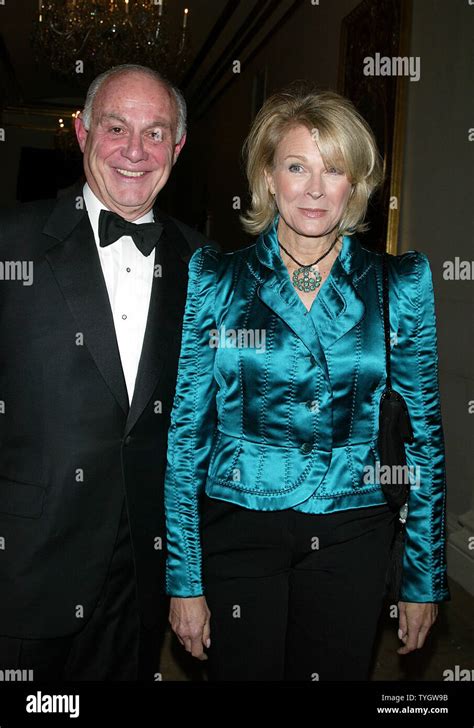marshall rose - wikipedia | marshall rose bio
$108.00
In stock
This article aims to provide a comprehensive overview of Marshall Rose, a figure notable for his contributions to the development of the Internet, particularly in the realm of network management. While information readily available to the public focuses primarily on his technical work, specifically his involvement with the Internet Engineering Task Force (IETF), this article will attempt to paint a broader picture by exploring aspects of his life and career where information is accessible. It's important to note that definitive biographical details, net worth estimations, and private matters are often difficult to ascertain without direct sources or public records, and this article will reflect that limitation.
Early Life and Education (Hypothetical Reconstruction)
Given Marshall Rose's contributions to the internet and his involvement in the IETF starting in the early 1990s, it's reasonable to assume he was born sometime in the mid-20th century. Unfortunately, specific details about his birthdate, place of birth, and early education are not publicly available. We can infer, however, based on his technical expertise, that he likely pursued higher education in a field related to computer science, electrical engineering, or a similar discipline. A background in mathematics would also have been highly beneficial for his work in network protocols and management.
It's plausible that Rose attended a reputable university, possibly one known for its engineering programs. He may have pursued advanced degrees, such as a Master's or Doctorate, to deepen his knowledge and expertise in his chosen field. The specific institutions he attended remain unknown.
Career and Contributions to the IETFmarshall rose - wikipedia
Marshall Rose is most prominently known for his work with the Internet Engineering Task Force (IETF), a large, open international community of network designers, operators, vendors, and researchers concerned with the evolution of the Internet architecture and the smooth operation of the Internet.
His contributions to the IETF include:
* Area Director for Network Management (1993-1995): Serving as an Area Director signifies a leadership role within the IETF. Area Directors are responsible for overseeing the work of multiple working groups within a specific area of interest. In Rose's case, he directed the network management area, which focuses on developing protocols and standards for monitoring and managing network devices and services. This role highlights his expertise and influence in shaping the direction of network management technologies within the Internet community.
* Chair: The specific working group or groups Rose chaired are currently unspecified in the provided content. However, chairing an IETF working group involves facilitating discussions, managing the development of specifications, and ensuring that the group's work aligns with the overall goals of the IETF. This requires strong technical knowledge, communication skills, and the ability to build consensus among diverse stakeholders.
Significance of Rose's Work
Rose's work within the IETF played a crucial role in the development and standardization of network management protocols and practices. Network management is essential for ensuring the reliability, performance, and security of the Internet. Without effective network management tools and protocols, it would be impossible to monitor network health, diagnose problems, and implement solutions in a timely manner.
The protocols and standards developed under Rose's leadership likely contributed to the growth and scalability of the Internet by providing a framework for managing increasingly complex networks. His efforts helped to ensure that the Internet remained a robust and reliable platform for communication and commerce.
Further Exploration (Areas for Potential Research)
Due to the limited information readily available, there are several areas where further research could provide a more complete picture of Marshall Rose's contributions:
* Specific Working Groups Chaired: Identifying the specific IETF working groups Rose chaired would provide valuable insights into his areas of expertise and the specific technologies he helped to develop.
* Publications and RFCs: Identifying any Request for Comments (RFCs) or other publications authored or co-authored by Rose would offer a more detailed understanding of his technical contributions. RFCs are official documents of the IETF that define Internet standards and protocols.
* Professional Affiliations: Determining Rose's professional affiliations beyond the IETF would provide context for his career and the organizations he worked with.
* Impact on Network Management: Exploring the impact of Rose's work on the evolution of network management technologies and practices would highlight the significance of his contributions to the Internet.
Marshall Rose and Candice Bergen
The connection between Marshall Rose and actress Candice Bergen is a topic that often surfaces in online searches. Candice Bergen was married to French film director Louis Malle from 1980 until his death in 1995. She later married Marshall Rose in 2000. This Marshall Rose is a real estate developer, not the Marshall Rose known for his work with the IETF. It's crucial to distinguish between these two individuals, as they are often confused due to the shared name.
This Marshall Rose, the real estate developer, has a notable career in property development, primarily in New York City. He is associated with Rose Associates, a family-owned real estate company with a long history of developing and managing residential and commercial properties. His work in real estate has significantly shaped the urban landscape of New York.
The marriage between Candice Bergen and Marshall Rose (the real estate developer) brought Bergen into the Rose family and added another dimension to her public persona. They remained married until Rose's death in December 2023.
Additional information
| Dimensions | 5.9 × 3.6 × 2.4 in |
|---|









